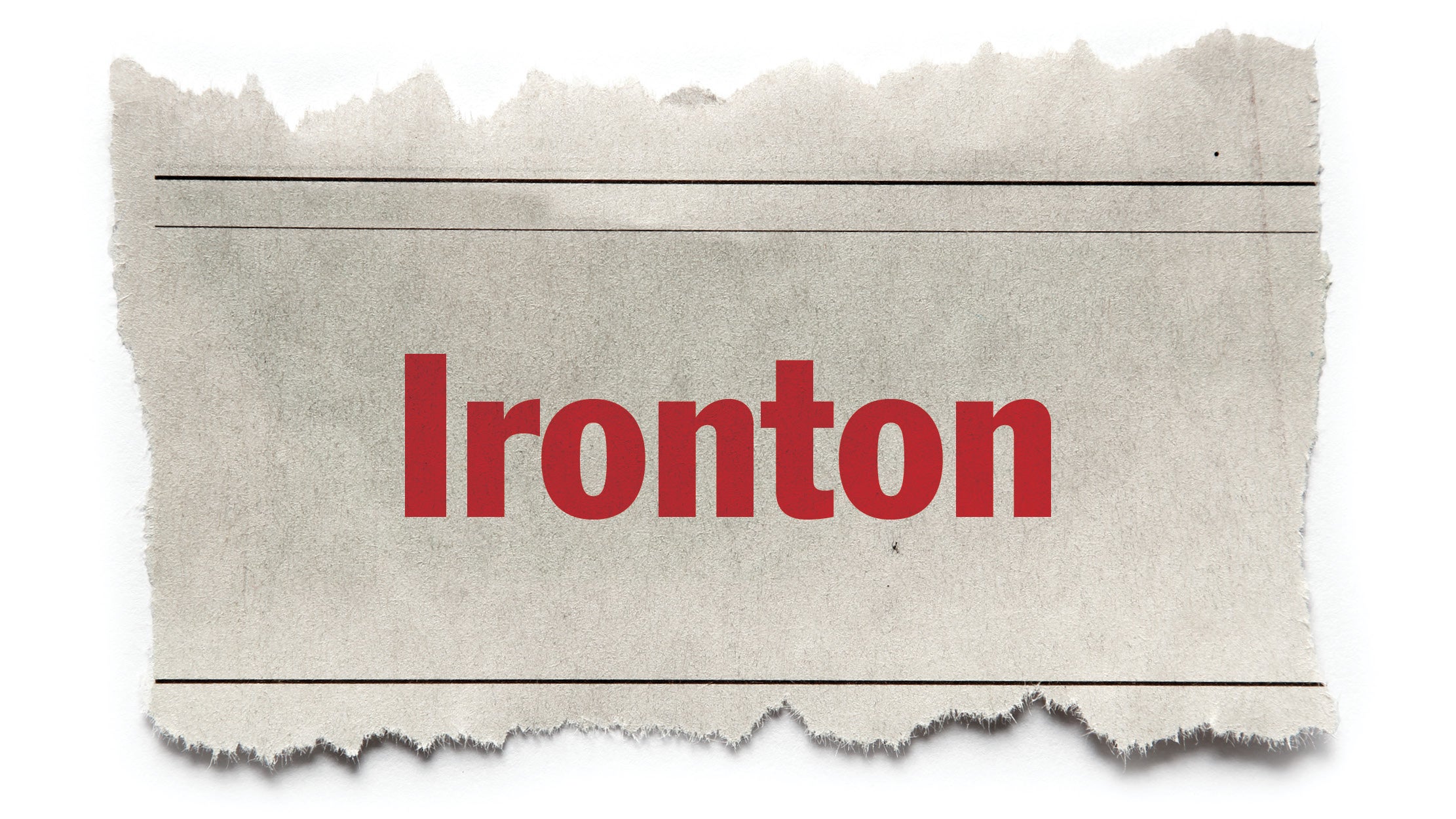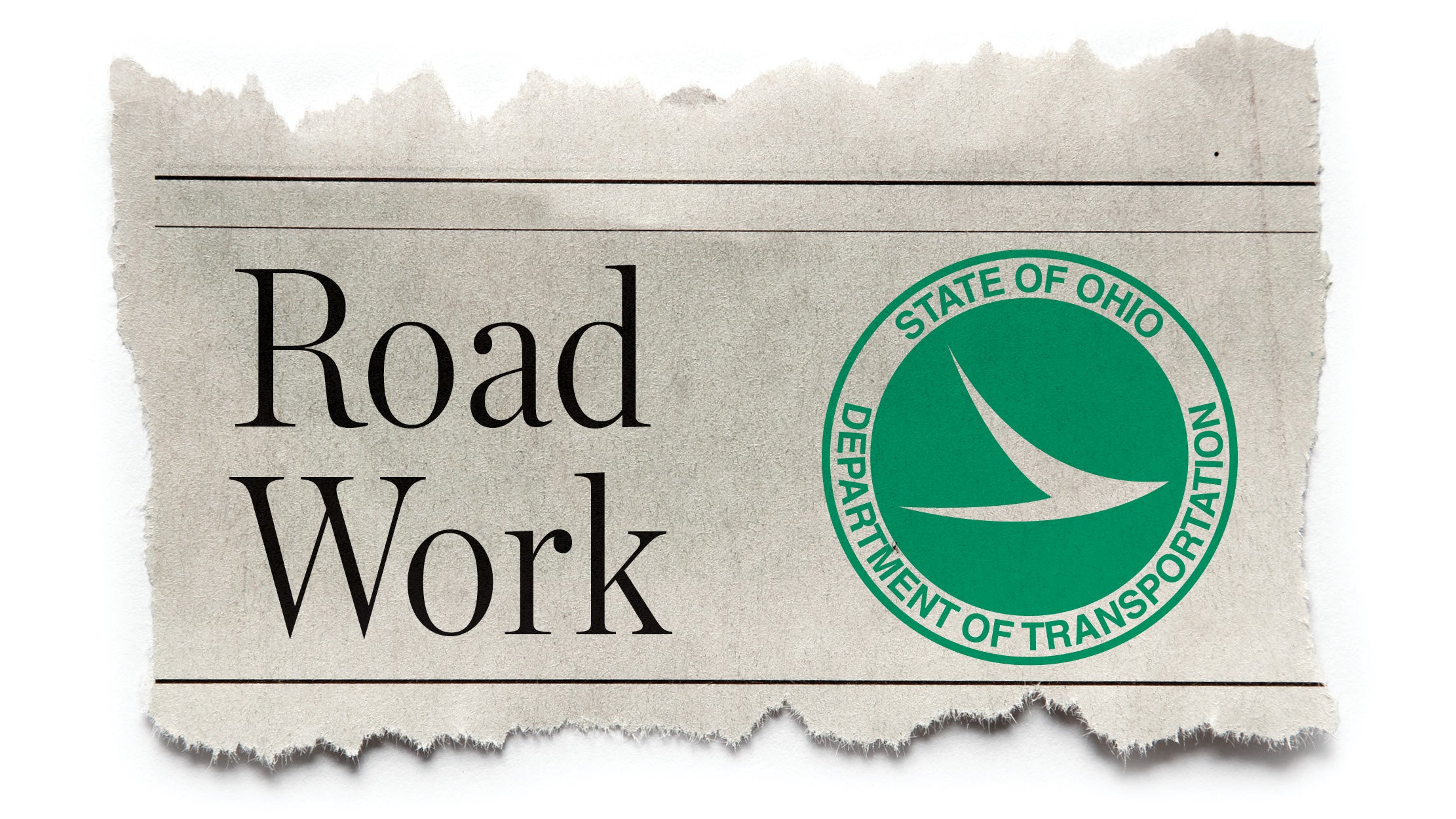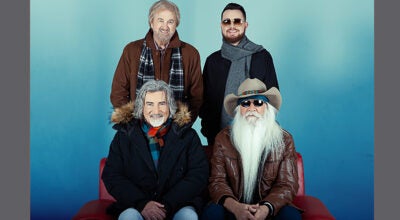Entering the next phase
Published 12:00 am Saturday, September 3, 2022
City to target paving some residential streets
It has been a good month for Ironton getting funding for the roads and infrastructure.
On Thursday, Mayor Sam Cramblit II said that the city would be putting around $1 million towards paving some 50 streets in residential areas over the next year.
He said this paving project, called Phase I, is paid strictly from the city’s road and bridge improvement fund and is targeting various roadways around Ironton that are not eligible for grant money.
Cramblit said the city has spent two years determining which streets to pave.
“We looked first at which streets are not eligible for grant funding, because we don’t want to go and spend our own money any roads that could be covered by a grant,” he said. While residential streets like Fourth, Fifth, Sixth and Seventh are high traffic areas, in the eyes of grant agencies, they don’t qualify for funding.
The KYOVA Interstate Planning Commission had done a study to all Ironton roads and their pavement condition rating to create an index of the roads overall condition and that was used to determine which streets needed fixed the most. So, the second factor the city looked at the worst-rated streets with the most travel on them.
As to which streets are going to be paved in Phase I, Cramblit said it would be “sporadic.”
“We aren’t necessarily going to pave for three blocks straight on Fourth Street. We could pave one block here, one block there,” he said. “It is definitely based on the rating of the street.”
Cramblit said there are three other road paving projects that are separate from the residential paving.
Earlier this month, it was announced that the city would be getting a $2.7 million grant from the U.S. Department of Commerce’s Economic Development Administration to fix some sewer and water lines around the South Ironton Industrial Park and then pave South Third Street. The majority of the money will go toward fixing the lines first and then paving the road way.
The EDA investment will be matched with $400,000 from city funds and is expected to create 360 jobs and retain 30 jobs.
Cramblit said they are developing Phase II and picking the next batch of residential streets to pave.
He added they have been sitting on the city’s paving fund money until they found out what roads could be paid for by grants.
“It has been about two years as we worked on all these grant applications. We usually have to do a 10 or 20 percent match on a grant, so we were holding some dollars back to see if we were going to get these grants or not,” Cramblit said. “Now that we have an idea of what our match requirements are for the grants we are receiving, we are comfortable moving forward with our Phase I and Phase II paving projects.”





